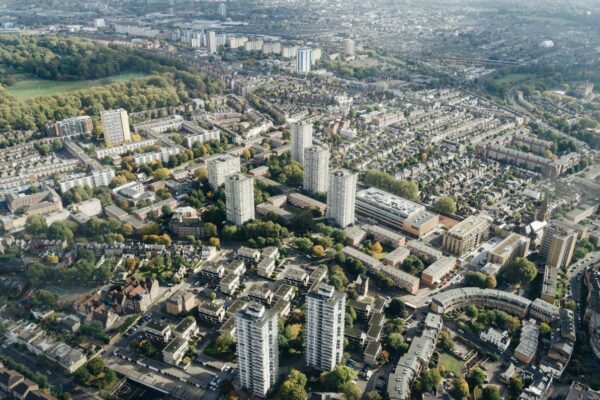What is Landlord Licensing?

Landlord licensing was bought to action in 2006 in England and Wales, under the Housing Act 2004. The prospect was aimed at increasing safety standards in Houses in Multiple Occupation (HMOs).
Licensing ensures that local authorities can record and track the number of rented properties in the area. It means that tenants can be assured their accommodation is safe and of a good standard. Licenses aren’t required in all cases, but for properties that do, an approved license must be gained prior to legally letting.
Do You Need a Landlord License?
National licensing regulations state that a license is required for every large HMO; if five or more individuals forming a household share toilet, bathroom, or kitchen facilities. This license will be valid for five years.
Needing a license as a landlord will depend on the size of your let, the type, and where in the UK the property is based. Typically, if you are renting to more than two or more occupants, then you most likely require a license.
There are specific conditions that must be satisfied in order to gain a license:
- The house is appropriate for the number of occupants
- The landlord or agent responsible for the property is deemed fit and proper
- Must send a copy of the gas certificate to the council annually
- Install and maintain smoke alarms
- Provide safety certificates for electrical appliances to council if asked for
Depending on the local council, other conditions may be required for a license. The fee for a five-year license will vary depending on location but is typically anywhere between £500-£1000 (with London areas being more expensive).
Why This is Important to Understand
It is imperative to stay up to date with current and new licensing terms; even if you don’t need a landlord license at this time period, this can easily be subject to change. If your property does require licensing in the future, this could mean potential investments in upgrades to satisfy the conditions.
Failure to comply to licensing can cost you up to £30,000 per property or alternatively enable tenants to apply for a rent repayment order. Hence, it is important to remain in the know in case laws change to apply to you.
The National Residential Landlords Association (NRLA) provides up to date news on changing laws and resources to help with licensing.
If you’re looking for expert legal property advice, get in touch with us today.




